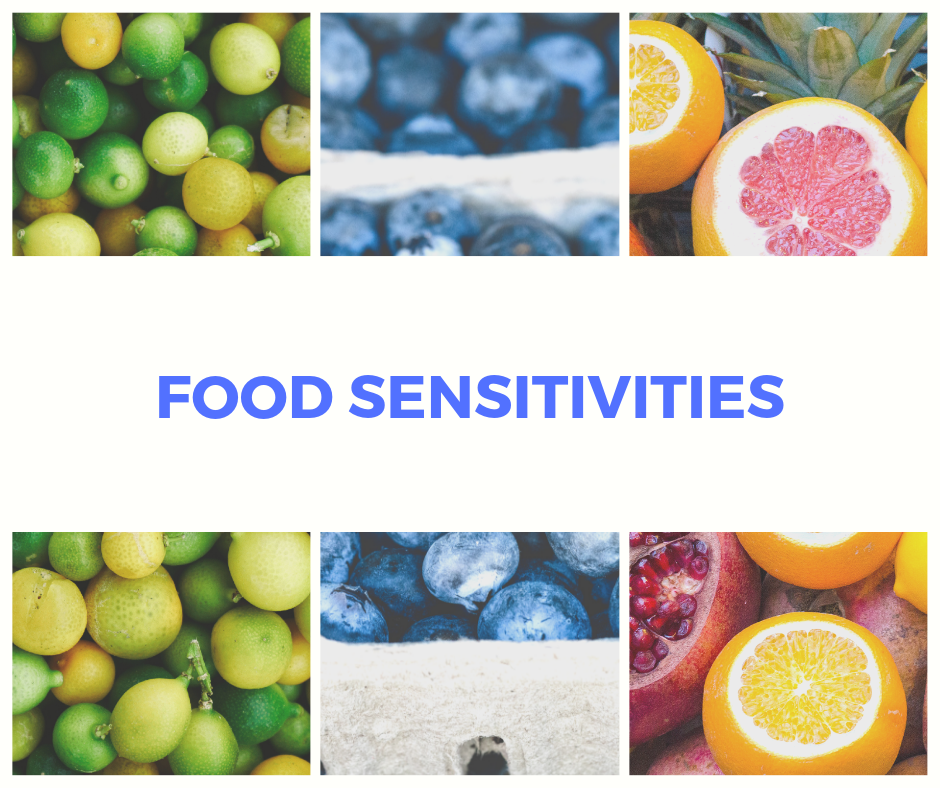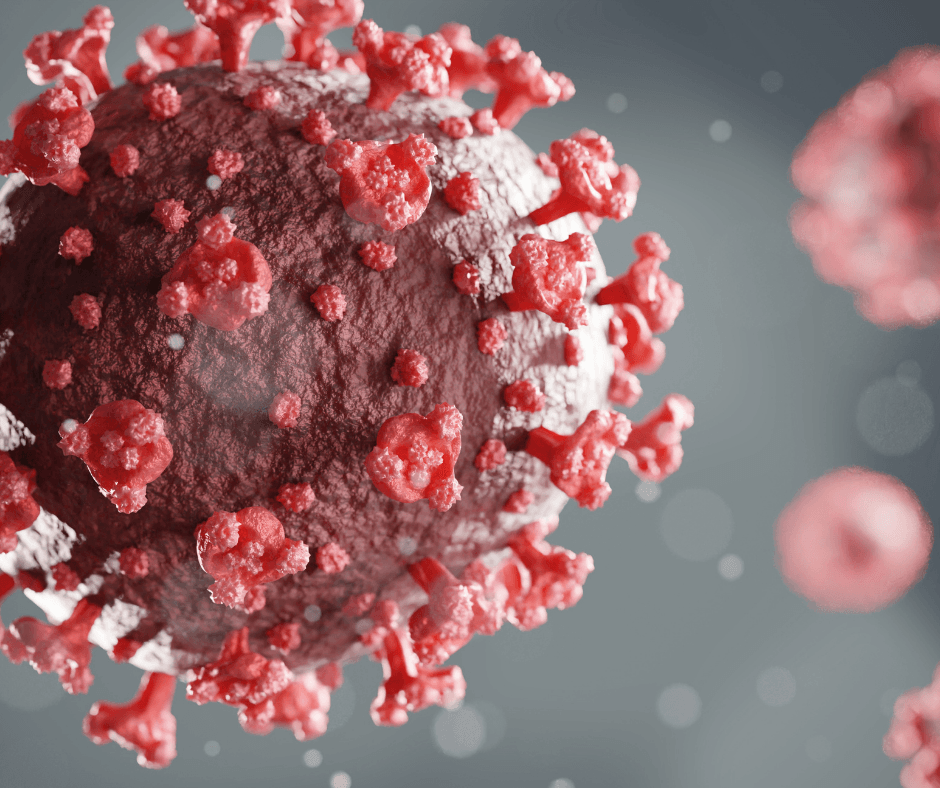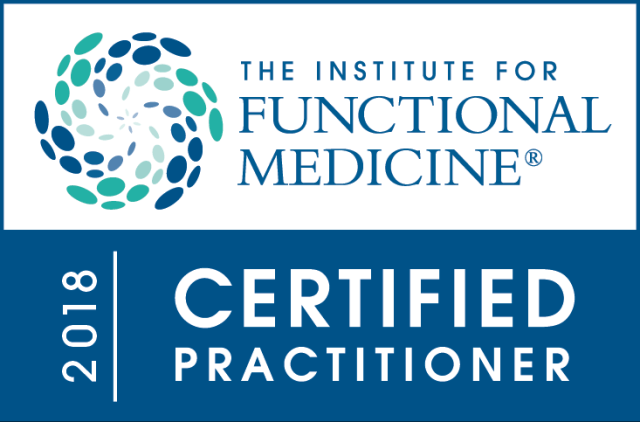Food Sensitivities

What are food sensitivities and how do they affect our health?
Food sensitivities are an abnormal response to food that is triggered by an IgG response from the immune system. It can take up to 72 hours to have a response and for symptoms to be present. This makes it difficult to figure out what food or foods are causing a delayed response—since a lot of different foods have already been ingested before experiencing symptoms.
What is the difference between food sensitivities and food allergies?
Food allergies are an acute or immediate reaction triggered by an IgE response from the immune system. It is usually much easier to tell when you have a food allergy due to the symptoms occurring quickly.
Some typical symptoms are hives, tongue swelling, throat swelling, trouble swallowing, difficulty breathing, itchy skin, wheezing or abdominal pain. If any of these symptoms occur after ingesting food, this is a medical emergency!
Is there a difference between food sensitivities and food intolerances?
Food intolerances are undesirable reactions to food that do not involve the immune system. An example is lactose intolerance. Lactose intolerance causes loose stools, gas & nausea.
What is the gut’s role in food sensitivities?
If the gut is not functioning properly and the lining of the gut becomes more permeable or leaky this creates conditions for food sensitivities to occur.
Leaky gut or intestinal hyperpermeability occurs when the physical barrier between the digestive tract and the blood stream is broken down—making it easy for intestinal contents to enter the blood stream. Breakdown of this barrier allows the immune system to see things it does not normally see such as big food particle. When this happens, the immune system reacts—which can lead to food sensitivities.
What are some causes of leaky gut?
- NSAIDS—ibuprofen, Aleve, steroids
- Viral, bacterial or protozoan infections
- Gluten
- Inflammation
- Stress
- Cytotoxic drugs
- Glyphosate
- Antibiotics
- Standard American Diet
What are some symptoms of food sensitivities?
- Gut issues: gas, bloating, pain, diarrhea or constipation
- Migraines, other types of headaches, brain fog, depression or anxiety
- Fatigue
- Joint pain or stiffness
- Recurrent infections such as sinusitis or ear infections
- Chronic mucous or chronic stuffy nose
- Rashes, hives or other skin changes
How do you figure out if you have food sensitivities?
An elimination diet can be helpful to find out food sensitivities. Also a food sensitivity test can also be helpful. I have found that for the best results—performing a food sensitivity test and then personalizing an elimination diet for patients works the best.
The goal of the elimination diet is to eat foods that don’t cause inflammation, are non-processed, preservative free with no added sugar. Most people do well with being on an elimination diet for 30 days and then slowly adding in food—one food at a time to see how the body responds.
There are several different types of food sensitivity tests on the market that your doctor can order. Food sensitivity tests measure IgG responses via your blood. I currently use KBMO Diagnostics, which checks 132 foods and additives and not only checks IgG responses, but also looks for immune complexes.
Food sensitivities play a role in symptoms and disease. If you are concerned about food sensitivities playing a role in your health and would like to know more schedule a FREE 15 minute consultation with New Beginnings. Email at Staff@NewBeginningsFMC.com or call 970-305-0101.
References:
- https://my.clevelandclinic.org/health/articles/7041-the-structure-and-function-of-the-digestive-system
- https://www.caltech.edu/about/news/microbes-help-produce-serotonin-gut-46495
- https://www.ncbi.nlm.nih.gov/pmc/articles/PMC5772764/
- https://www.ncbi.nlm.nih.gov/pmc/articles/PMC4528021/
- https://detoxproject.org/glyphosate/glyphosate-and-roundup-negatively-affect-gut-bacteria/
- https://www.ncbi.nlm.nih.gov/pmc/articles/PMC1727292/
- https://pubs.acs.org/doi/full/10.1021/acsinfecdis.7b00139?src=recsys
- https://www.gluegrant.org/inflammation-autoimmune.htm
- https://www.ncbi.nlm.nih.gov/pubmed/16782558


Dr. Shannon's Blog











